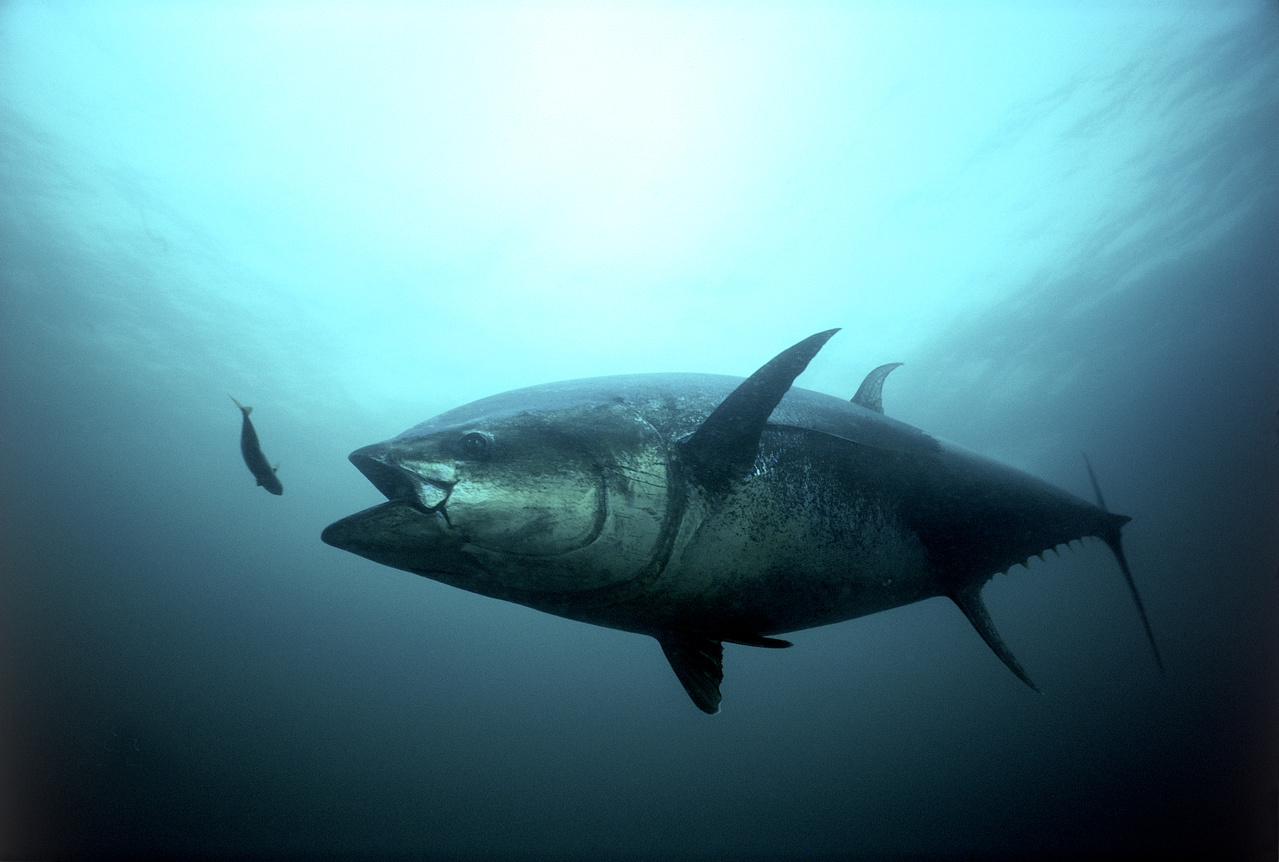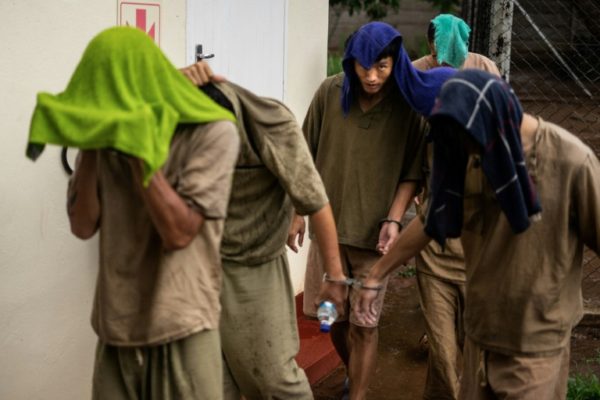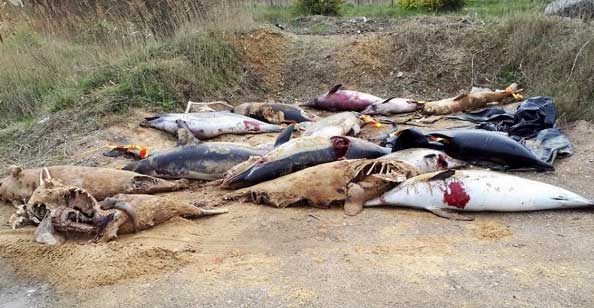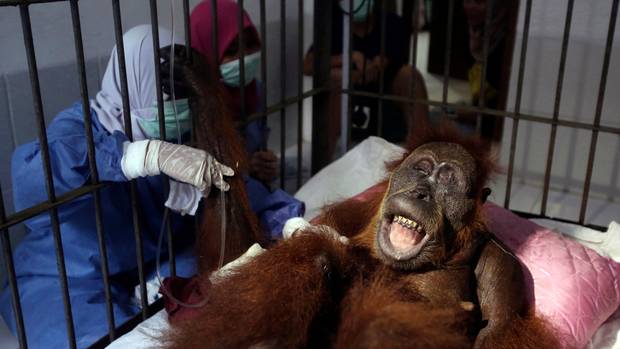Atlantic bluefin tuna is worth nearly US$1 billion per year, but illegal and unreported fishing could jeopardize recent efforts to help bluefin fisheries reach sustainability.

An Atlantic bluefin tuna strikes. Credit:Gilbert Van Ryckevorsel/TAG A Giant
More than 80,000 kilograms (88 tons) of suspected illegal Atlantic bluefin tuna was seized in June in an operation revealed last week by the European Union Agency for Law Enforcement Cooperation (Europol). The seizure came after the Spanish Guardia Civil noted unusual activities related to bluefin fishing and trade in the Mediterranean region—and learned that people were getting food poisoning from eating improperly refrigerated bluefin. While the bust took down what Europol described as a network of operators in Spain, France, Italy, and Malta and led to the arrests of 79 individuals, illegal fishing of bluefin tuna remains a significant concern, a reality that raises serious questions about the effectiveness of the controls that are supposed to prevent this type of activity.
In fact, Europol said this operation was smuggling 2.5 million kilograms (almost 2,800 tons) of Atlantic bluefin each year—more than the catch limit for the entire western Atlantic fishery and higher than the eastern Atlantic Ocean and Mediterranean Sea quotas for all but two members of the International Commission for the Conservation of Atlantic Tunas (ICCAT).
The apparent illegal catch of such enormous quantities of bluefin is reminiscent of the late 1990s and early 2000s, when illegal catches accounted for roughly half of the total bluefin removed. This reduced populations to levels so low that the species was considered for an international trade ban. When coupled with the record-high quotas set last year by ICCAT, overcapacity—too many boats targeting bluefin—and illegal fishing could do lasting damage to a species still struggling to recover from decades of rampant overfishing.
This illegal activity should not have happened. In 2016, ICCAT implemented an electronic bluefin catch documentation (eBCD) system to replace the paper-based method long used to track the global catch and trade of Atlantic bluefin and, in theory, to help prevent illegal fish from entering the market. The eBCD system was designed to follow every fish landed, from the sea to the final point of sale. With news of these arrests, however, it is clear that monitoring and surveillance, including eBCD, need to be strengthened.
This illegal activity should not have happened
Despite this, the European Union is leading an effort at ICCAT to loosen restrictions on the bluefin fishery. At last year’s ICCAT meeting, the EU proposed increasing catch limits and loosening the regulations that govern the fishery—including by eliminating closed fishing seasons for certain gears, increasing the number or size of purse seine vessels by 20 percent, allowing small vessels to catch more bluefin incidentally, and introducing additional exceptions to the minimum size of fish caught. Together, the proposal amounts to more fishing with fewer controls. And although the proposal was not adopted in 2017, it is unfortunately expected to come up again this year at ICCAT’s annual meeting from 12-19 November in Dubrovnik, Croatia.
The EU is proposing to reverse measures that ICCAT adopted to avoid a trade ban on Atlantic bluefin tuna and to bring the species back from the brink of collapse, even though those policies worked—for a time. The Europol investigation shows that when ICCAT members meet in Dubrovnik, they should approve stronger management measures, not weaker ones.
Ten years ago, an independent panel appointed by ICCAT concluded that the Commission was widely regarded as an “international disgrace” due to its poor management of Atlantic bluefin tuna. The question before the Commission today is simple: Will it continue to base its decisions on short-term financial gain, risking the future of one of the most iconic species in the Atlantic, or can it move forward and demonstrate it is serious about long-term sustainable management?
Grantly Galland is an officer on global tuna conservation for The Pew Charitable Trusts.
Source: PEW





